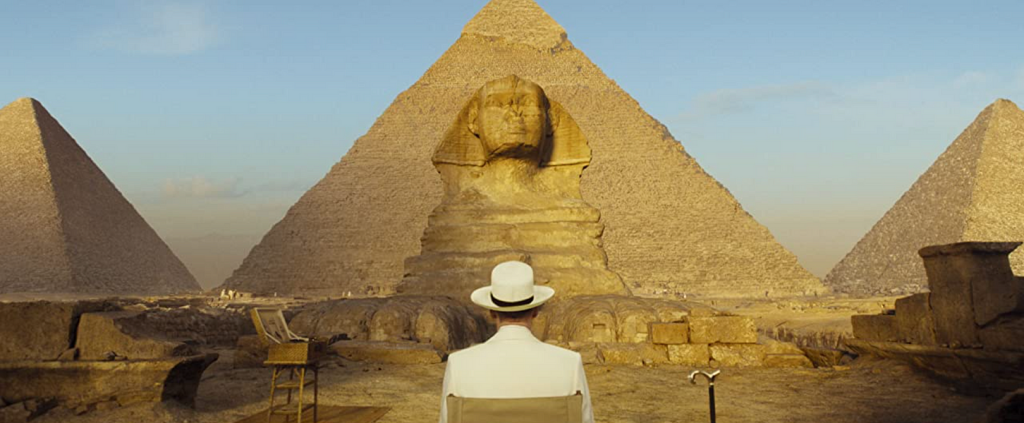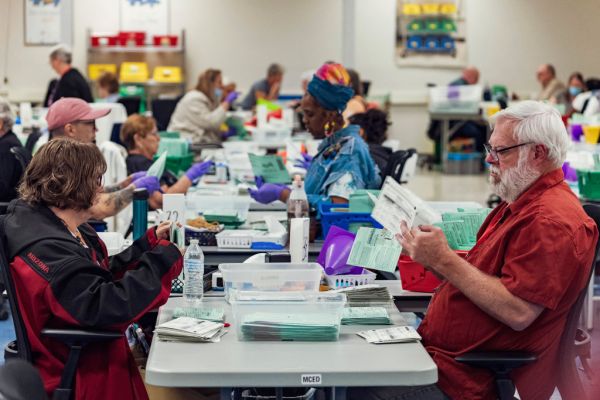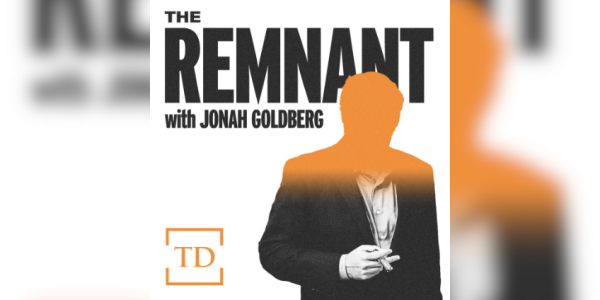It is, apparently, an unwritten rule of Hollywood that anytime an iconic character’s backstory is shown, questions about them that nobody has ever wondered about must be answered in the clunkiest way possible. Who can forget the cringe-inducing scene explaining that Han Solo got his name in Solo: A Star Wars Story because he had no last name and was alone? Or how Cruella explained that Cruella DeVil’s name was actually Estella but she was cruel, so her mom nicknamed her “Cruella?” Death on the Nile offers the latest entry in this bizarre vein of backstory, giving us the story behind Hercule Poirot’s mustache for which nobody ever asked, and which isn’t even canonical in Agatha Christie’s works. (It’s to cover up severe scars he got during World War I, an anecdote that is both unnecessary to the story and almost impossible to be true. Hair doesn’t really grow on scar tissue, which I was able to find from a simple Google search that none of the writers apparently bothered to perform.)
Death on the Nile is weirdly rife with little things like this that detract from an otherwise interesting mystery. There’s Gal Gadot’s apparent disinterest in acting in the film; two black characters experiencing discrimination for being American but not facing any racism in 1937 English high society; shoehorned-in LGBTQ representation with a scene in which Poirot deduces two suspects are lesbians, something that doesn’t matter in the slightest to the plot; and, of course, Armie Hammer’s inability to deliver a decent British accent—he gives up eventually. Aside from all that, though, the movie is actually pretty good.
The film follows Poirot (Kenneth Branagh) as he joins a recently married socialite couple’s honeymoon party. Simon Doyle (Armie Hammer) has just tied the knot with Linnet Ridgeway (Gal Gadot), after being introduced to Ridgeway by her old friend and his then-fiancée Jackie de Bellefort (Emma Mackey). The pair is celebrating with a trip around Egypt, joined by a small group of friends and family, when de Bellefort starts appearing everywhere they go. Ridgeway tries to hire Poirot to foil her, and while he turns down the money he still decides to join them on the trip. While on a boat the couple hired to ferry the party down the Nile, Ridgeway is murdered in her sleep. Poirot attempts to uncover who is behind her death, while others on the ship start mysteriously dying as well.
The mystery is handled very well. There are enough clues for viewers to crack the mystery along with Poirot, with enough red herrings to make sure it isn’t too easy. Luxurious costumes and set design create a gorgeous ambience, though it is occasionally obvious that the movie was filmed in England instead of Egypt. (Green-screen use is a bit obvious in a few scenes, and nobody ever sweats. In the summer. In Egypt. While all wearing suits and dresses in a time before air conditioning.)
Aside from Gadot and Hammer, the cast turns in solid performances. Branagh is once again a vain, determined, and slightly obsessive compulsive Poirot, Mackey plays de Bellefort with an unhinged energy that is truly menacing, and Tom Bateman shines as Bouc, Poirot’s boyish playboy friend who is trying to reform himself. Bateman played the same role in Death on the Nile’s predecessor Murder on the Orient Express, and may very well be the best thing about both films. Hollywood: Put him in more movies.
Death on the Nile is an improvement over Murder on the Orient Express, if only slightly. However slight those improvements, however, it’s enough to make one hope that Branagh keeps making his Poirot films. There has been enough promise in each for them to both be basically good. By the time a third or fourth gets made the “basically” modifier may no longer be necessary.








Please note that we at The Dispatch hold ourselves, our work, and our commenters to a higher standard than other places on the internet. We welcome comments that foster genuine debate or discussion—including comments critical of us or our work—but responses that include ad hominem attacks on fellow Dispatch members or are intended to stoke fear and anger may be moderated.
You are currently using a limited time guest pass and do not have access to commenting. Consider subscribing to join the conversation.
With your membership, you only have the ability to comment on The Morning Dispatch articles. Consider upgrading to join the conversation everywhere.